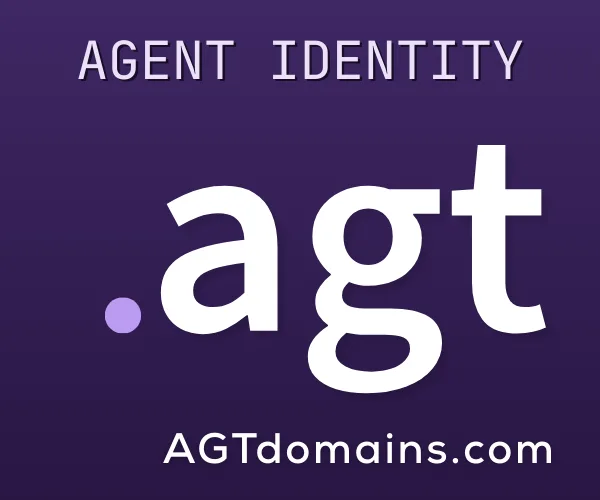Browse More Terms
SLD
As a professional domain name investor, "SLD" stands for Second Level Domain. In the structure of a domain name, it is the component that directly precedes the top-level domain (TLD). For exam...
Drop Catch
See Drop
Domain Propagation
The time it takes for DNS changes to a domain to be recognized across all internet servers globally.
Domain King
The term "Domain King" is closely associated with Rick Schwartz, a pioneering figure in the domain investing world. He earned this nickname due to his impressive track record of buying and sellin...
Drop
"Drop" refers to the process when a domain name registration expires and is not renewed by the original owner, thus becoming available for registration by others. Here's a breakdown of the pro...
Emoji
"emoji" refers to the small digital images or icons that are used to express an idea or emotion in electronic communication. However, in the context of domain investing, emoji can also refer to a...




